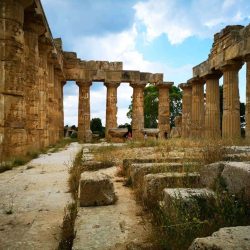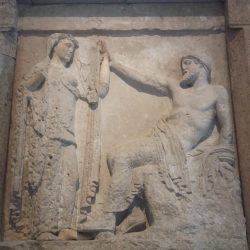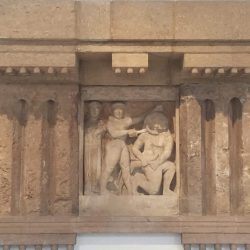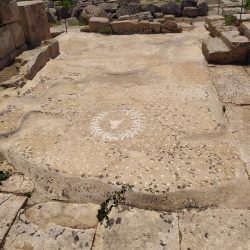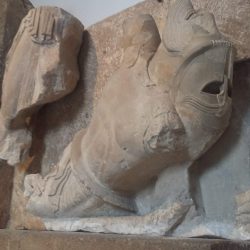Discover
Selinunte
Nestled in the Sicilian countryside, embraced by two rivers and overlooking the sea
Selinunte is the largest archaeological site in Europe and offers unique landscapes and an experience not to be missed
The ancient Selinùs (Greek for “parsley”) was founded in the mid-6th century b.C. by settlers from Megara Iblea (a Greek city located on the eastern coast of Sicily) on a valley overlooking the sea and embraced by the Cottone and Modione rivers.
Selinunte soon became such a wealthy and prosperous city that it started coining. The oldest coins of Selinunte featured the image of a parsley leaf, the city’s symbol.
In 409 b.C. Selinunte was invaded and occupied by the Carthaginians until it was totally uninhabited in 250 b.C. and lost into oblivion.
The memory of Selinunte appeared again in the mid-1500s b.C. when the Dominican monk Tommaso Fazello accidentally discovered the Cusa quarries (stone quarries a few kilometers from Selinunte from which the people obtained building material for the temples). In the quarries Fazello found abandoned column shafts and capitals and, following their path, he arrived at the archaeological site buried by centuries of earth.
It was necessary to wait until the 1800s for the beginning of archaeological excavations and first important finds, such as those of the impressive and refined carved metopes (the only ones found in Sicily and today preserved at the Archaeological Museum of Palermo).
Today Selinunte represents the largest archaeological park in Europe (270 hectares/667 acres) and excavations are still continuing.
Its history is deeply linked to that of the great archaeologist Vincenzo Tusa, the one who managed to save Selinunte from illegal building (and from the mafia).
Selinunte, nestled in the Sicilian countryside overlooking the sea, is an unmissable destination on a trip to western Sicily.
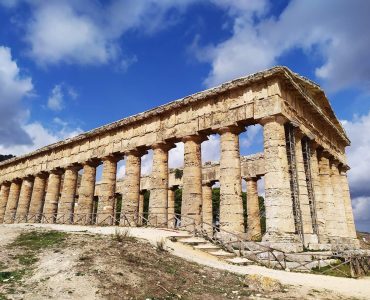
A mysterious archaeological site between history and legend, set in a unique landscape
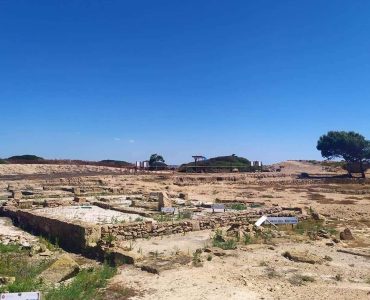
Ancient Phoenician city once characterized by rich houses and sacred shrines of great importance


